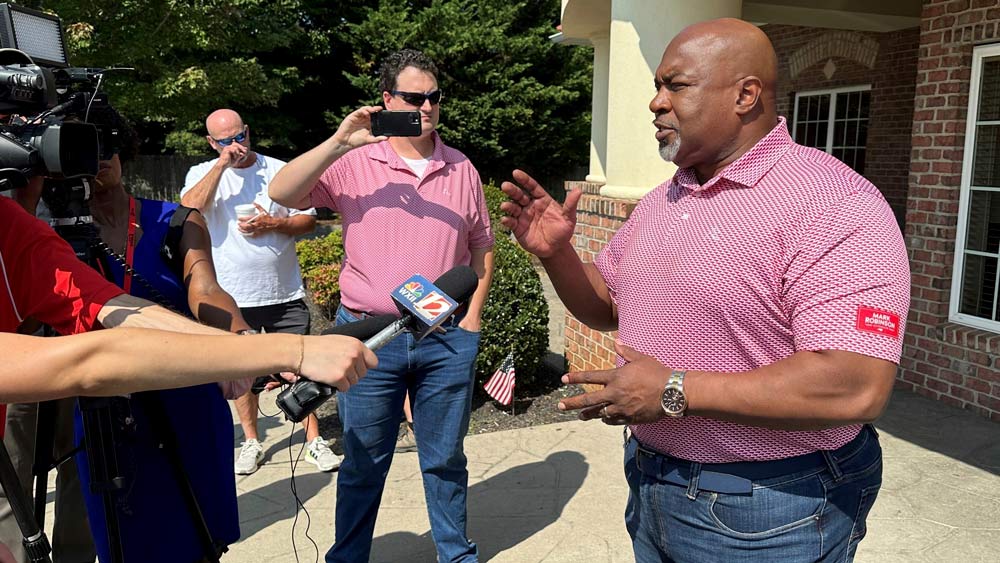March 23, 2008
Trans rights bill likely delayed
Michael Wood READ TIME: 3 MIN.
As Bay Windows went to press it was uncertain what action the legislature's Joint Committee on the Judiciary would take on the transgender rights bill, House Bill 1722. March 19 was the deadline for the committee to decide what action to take on the bill, which was the subject of a ten-hour hearing before the Judiciary March 4 (see "Advocates turn out en masse for transgender civil rights bill,"). But as of late afternoon that day Bill Conley, lobbyist for the Massachusetts Gay and Lesbian Political Caucus, said the committee had not yet made a final decision on the bill. What was clear, said Conley, was that the trans rights bill would be kept in committee for further discussion.
The bill would add transgender-inclusive language to the state's non-discrimination and hate crimes laws.
Conley said ideally the committee would have given the bill an "ought to pass" vote, which would move the bill one step closer to coming up for a vote in the full House. As of the afternoon of March 19 Conley said the committee had told advocates that the bill would neither receive an immediate "ought to pass," nor would it receive an "ought not to pass" vote, which would effectively kill the legislation.
Advocates expect the committee either to refer the bill to a study order, which authorizes the committee to study it further and issue a written report, or to give an extension on making a final recommendation on the bill. While Conley admitted that in most cases sending a bill to study effectively kills it for the session, he said he believes in this instance the committee would bring the bill back out of study. Conley said either option would give advocates more time to answer committee members' questions about the bill.
"There are questions about bits and pieces of it which they and we just haven't had a chance to get through yet, that we have not been able to get through with them yet. It's actually good for us," said Conley. "The hearing was later than we had hoped, so now this sort of time-out gives the Caucus and the coalition partners and MTPC [Massachusetts Transgender Political Coalition, the lead organization behind the coalition working to pass the bill] time to build up not just among the committee but to build on the growing number of supporters we have for the bill already."
During the hearing several opponents of the bill, including representatives from the anti-gay groups Massachusetts Family Institute and MassResistance, argued that adding trans-inclusive language to the state's non-discrimination law around public accommodations would threaten the safety of women and children by loosening the rules about who can use women's bathrooms and locker rooms. When asked if concerns about bathrooms prompted the committee to hold off on giving the bill an "ought to pass" vote, Conley said, "It plays a role, but not a major one." He said the larger issue was the committee's difficulty in sorting through the different provisions of the bill and the testimony in the short timeframe between the hearing and the March 19 deadline.
If the bill gets an extension or sent to study, Conley said it could stay in the committee for an indefinite length of time, although he guessed it might remain there for four to six weeks. After that he said advocates would have a narrow window to get it passed through both the House and Senate by the end of July, when the session ends. With much of the legislature's focus diverted to other issues like the budget, casino gambling legislation and CORI reform, Conley said it will be difficult to get the bill passed before the end of the session.
"It's not a slam dunk, but it is possible, and the Caucus is committed to doing as much as we can to get it as far as we can, and that applies to MTPC and all of its coalition partners," said Conley.
Michael Wood is a contributor and Editorial Assistant for EDGE Publications.







